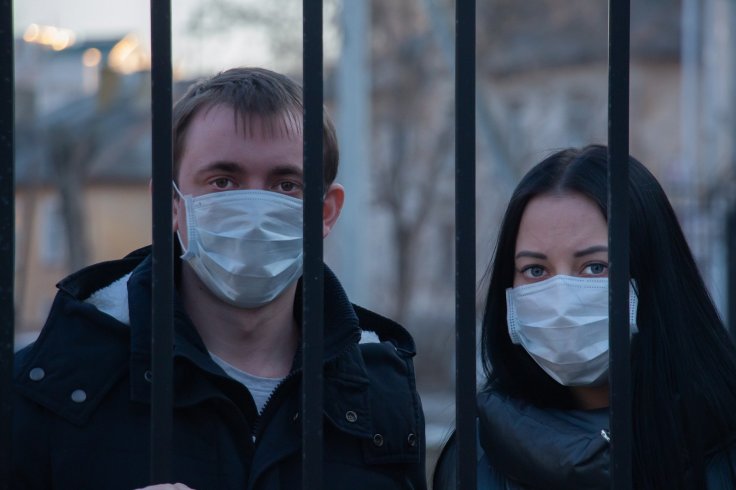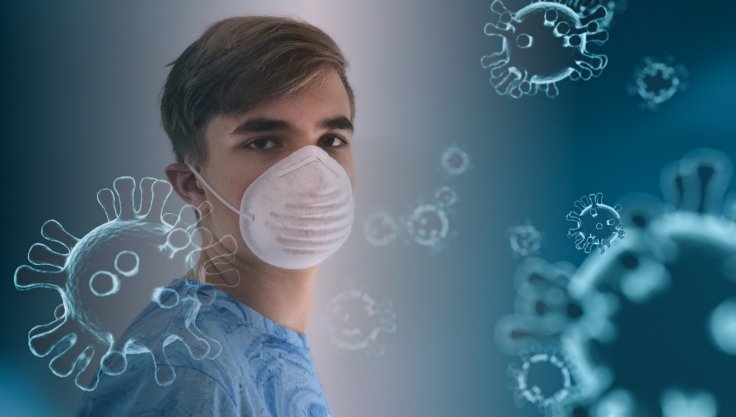One in three Covid-19 survivors were diagnosed with a brain or psychiatric disorder within six months of contracting the virus, a study has found. The study hinted that a large group of people are in line to suffer from mental and neurological problems in the near future.
The study was conducted on more than 230,000 American patients. Researchers who headed the study could not find a link on how the virus leads to psychiatric conditions such as anxiety and depression on recovered patients.

The findings show 14 common disorders shared by patients which includes- stroke, dementia, brain disease, respiratory infections, psychiatric disorders, neurological problems, seizures, movement disorders among others.
"Our results indicate that brain diseases and psychiatric disorders are more common after Covid-19 than after flu or other respiratory infections even when patients are matched for other risk factors. We now need to see what happens beyond six months" said Max Taquet, a psychiatrist at Britain's Oxford University, who co-led the study.
The psychiatrist in the journal confessed that the team was not able to determine the mechanism involved on how the virus targets a person biologically or psychologically months after recovery.
The new findings, published in the Lancet Psychiatry journal, analyzed health records of patients concluding that they found 34% of recovered patients were diagnosed with either neurological or psychiatric issues within six months.

The study revealed that 17% of patients suffered from anxiety, 14% suffered from mood disorders and 7% had a stroke within six months while 2% were diagnosed with dementia.
1 in 50 patients had a blood clot in the brain and overall 34% of patients suffered from these illness, despite recovery from the virus.
"Although the individual risks for most disorders are small, the effect across the whole population may be substantial," said Paul Harrison, an Oxford psychiatry professor who also co-led the work to Reuters.
Dr. Musa Sami, a clinical associate professor in psychiatry at the University of Nottingham, released a statement saying it's high time we acknowledge Covid-19 as a ''brain disease'' and equip medical professionals to handle the rising cases of psychiatric and neurological complications. ''This is a very important topic as there has been considerable consternation regarding Covid-19 as a 'brain disease'.''








